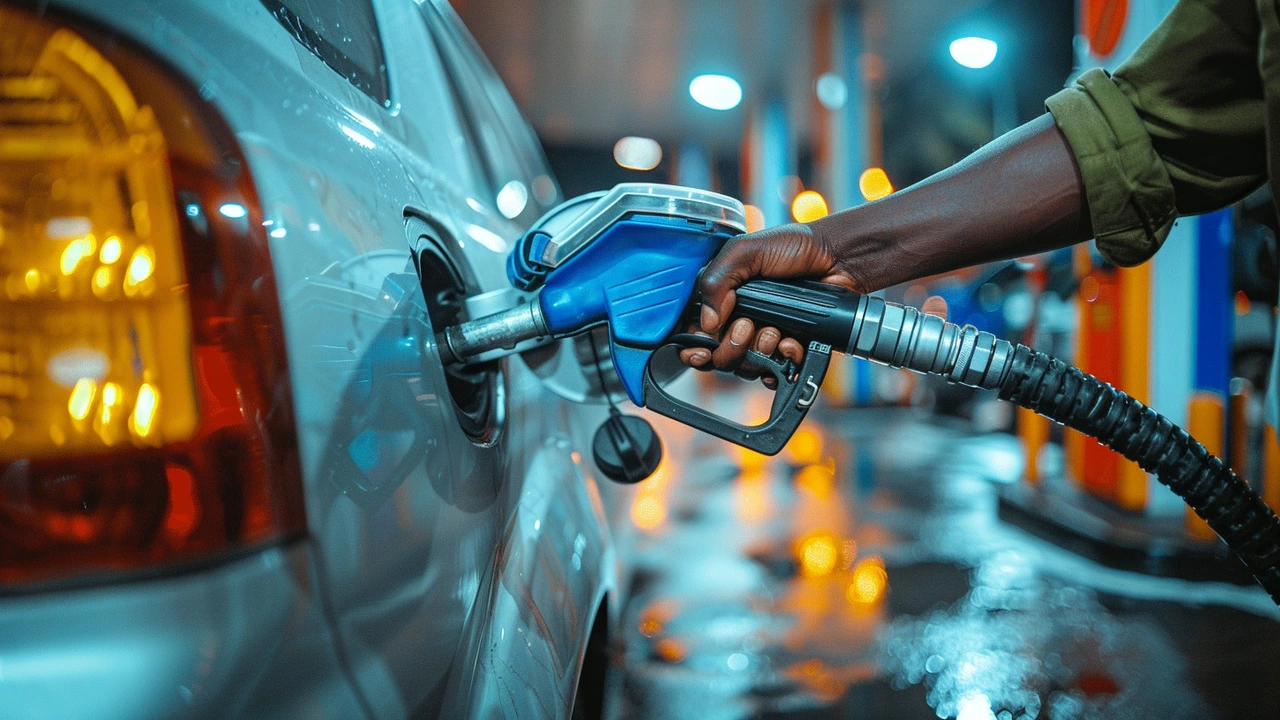Fuel prices in South Africa affect everyone—whether you’re driving to work, running errands, or managing a business. But why do prices keep changing, and what should you expect? We’ll break down the essentials so you’re never caught off guard at the pump.
Fuel prices depend on a few key things: the cost of crude oil internationally, exchange rates, and government taxes. When global oil prices go up, it usually means more expensive petrol and diesel here. Plus, if the South African rand weakens against the dollar, importing oil costs more, and that raises local prices.
The government also adds taxes and levies to the cost, which can change during the year based on budgets and policies. So sometimes, even if oil prices fall, fuel prices don’t always drop right away because of these other charges.
Higher fuel prices don’t just mean you pay more to fill up your car. They affect transport costs, making goods pricier at the stores. That’s why when fuel goes up, you might notice everyday expenses creeping higher too. It’s a ripple effect that touches meals, groceries, and more.
On the flip side, when prices drop, it can give a little relief to your budget and to businesses relying on fuel. Keeping an eye on regular updates helps you plan your month and avoid surprises. You can also consider ways to save fuel, like carpooling or using more fuel-efficient routes.
Want to stay ahead? Daily Wacek News tracks fuel price trends closely to bring you the latest info as it happens. Checking in regularly means you’ll always know what’s up and can make smarter choices about your transport and expenses.
Fuel prices might seem complicated, but understanding what moves them helps you stay in control. With clear updates and tips, you’re ready for whatever’s next at the pump.
